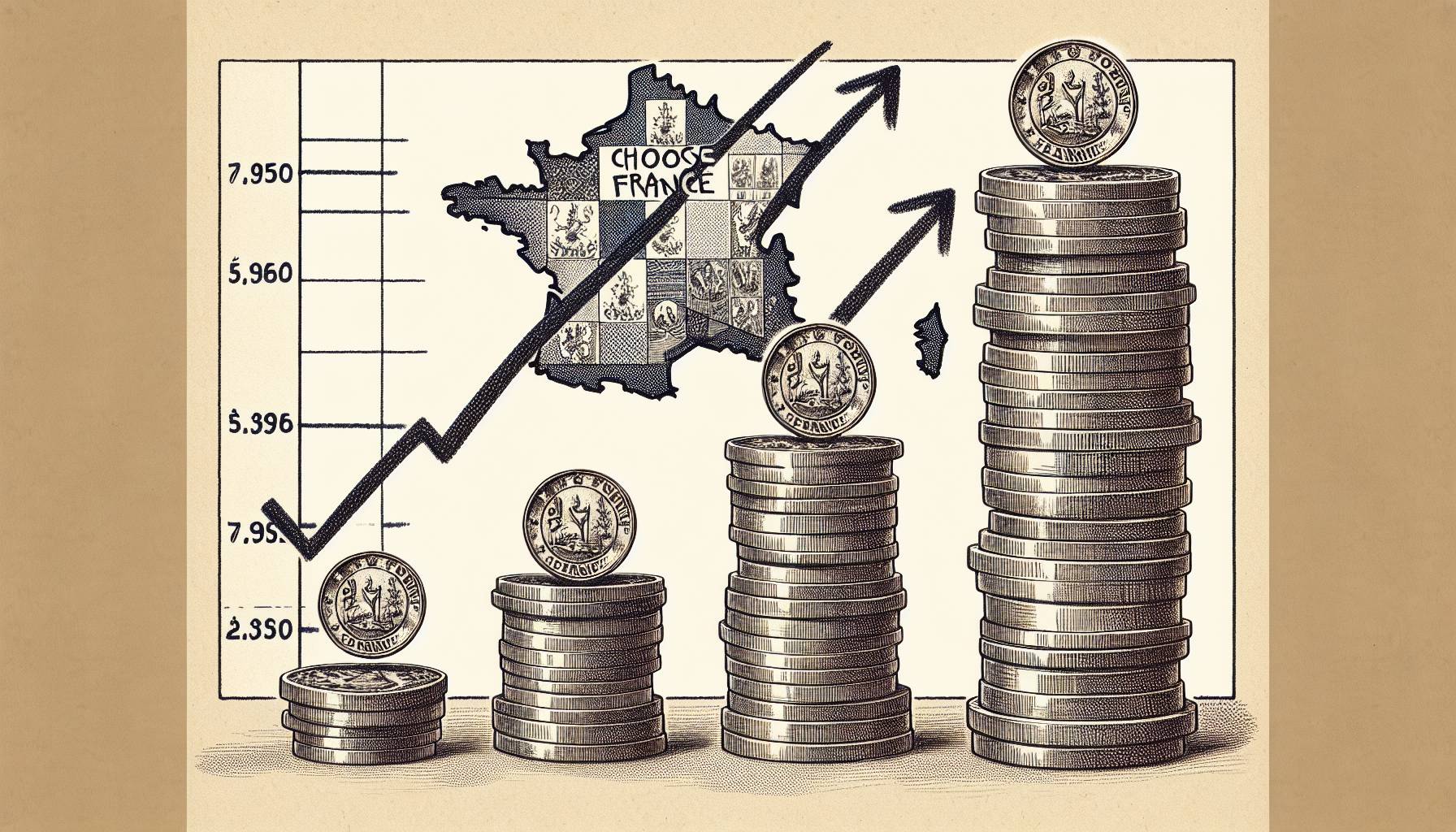The federal government recently revealed the initial 10 prescription medications that will be subject to Medicare price discussions under the Inflation Reduction Act (IRA). This initiative seeks to decrease out-of-pocket healthcare expenses for millions of elderly Americans. The Centers for Medicare & Medicaid Services (CMS) will establish a maximum reasonable price for commonly prescribed drugs for conditions such as diabetes, blood clots, and heart failure. The selected medications under the IRA will undergo a thorough evaluation process, taking into account factors like treatment value, patient outcomes, and the cost of alternative therapies. By implementing these price restrictions, the federal government aims to improve both the affordability and accessibility of essential medications for Medicare beneficiaries, ultimately reducing the financial burden on elderly Americans.
An Overview of Current Medicare Part D Expenditure
Medicare Part D prescription drug expenses for these 10 medications amounted to $50.5 billion between June 1, 2022, and May 31, 2023, as reported by the Department of Health and Human Services. In 2022, Medicare enrollees paid a cumulative $3.4 billion in out-of-pocket expenses for these medications. This indicates a significant financial burden on Medicare and its beneficiaries, emphasizing the need for cost containment strategies and negotiations. Policymakers and healthcare experts are now exploring options to address the issue, including increasing generic drug utilization, implementing price transparency measures, and advocating for greater negotiation powers in the pharmaceutical market.
Upcoming Release of Settled Negotiation Prices by CMS
By September 1, 2024, CMS will release any settled negotiation prices, which will be effective from January 1, 2026. This release marks a significant milestone in the healthcare industry’s ongoing effort to improve transparency surrounding pricing negotiations. Patients, healthcare providers, and insurance companies alike will greatly benefit from the availability of these settled negotiation prices, as it will enable informed decision-making and encourage competitive pricing within the industry.
Immediate Impact of Inflation Reduction Act on Medicare Participants
Until 2026, Medicare participants will experience a decrease in drug prices due to two other provisions of the IRA. Firstly, the legislation aims to close the coverage gap known as the “donut hole” which has left seniors on the hook for a considerable portion of their prescription drug costs. Secondly, it will introduce various reforms targeted at increasing transparency and competition in the pharmaceutical market, ultimately driving down the cost of prescription medications for beneficiaries.
Limiting Out-of-Pocket Expenses for Medicare Part D Beneficiaries
One provision limits a beneficiary’s Medicare Part D out-of-pocket expenses to $2,000 per year, beginning in 2025. This change aims to alleviate the financial burden on elderly and disabled individuals who rely on prescription medications for their health needs. Additionally, it provides a safety net for those who need access to expensive drugs, promoting better healthcare and financial security for Medicare Part D beneficiaries.
Affordability and Accessibility of Insulin for Diabetic Patients
The other provision restricts out-of-pocket costs for insulin to $35 for a one-month supply, which is already implemented. This significant reduction in out-of-pocket expenses aims to make insulin more affordable and accessible for millions of Americans living with diabetes. As a result, it is expected to improve medication adherence and have a positive impact on diabetes management for individuals across the United States.
Emphasis on Medicare Savings with Price Negotiations
Specialists believe that the main goal of price negotiations is to produce Medicare savings rather than direct patient savings. This approach places greater emphasis on reducing the financial burden on Medicare, with hopes that the savings will eventually trickle down and benefit the patients. Critics, however, argue that direct patient savings should be prioritized, as they play a crucial role in improving healthcare access and adherence.
Reduced Medicare Costs through Preventive Measures and Proactive Treatment
However, substantial savings for Medicare are anticipated. This can be attributed to the implementation of new policies and preventive measures within the healthcare system. By focusing on early detection and proactive treatment, the costs for Medicare can be effectively reduced, ultimately leading to an improved medical service for the enrolled population.
Long-term Medicare Savings with Price Negotiations
Price negotiations are predicted to save Medicare $98.5 billion over a 10-year period. This substantial savings stems from the recent policy change which allows Medicare to negotiate prescription drug prices with manufacturers. The new policy aims to reduce the financial burden on beneficiaries and ensure better long-term sustainability of the Medicare program.
The Growing Importance of Sustainable Practices in Healthcare
In recent years, public awareness about the importance of sustainable practices has grown significantly, leading businesses and consumers alike to focus on eco-friendly solutions. By implementing these practices, we can minimize our ecological footprint, reduce waste, and contribute to a more sustainable and healthy planet for future generations to enjoy.
Frequently Asked Questions
What is the Inflation Reduction Act?
The Inflation Reduction Act (IRA) is an initiative aimed at decreasing out-of-pocket healthcare expenses for elderly Americans by introducing Medicare price negotiations for commonly prescribed drugs. The goal is to improve affordability and accessibility of essential medications for Medicare beneficiaries, ultimately reducing their financial burden.
Which medications are subject to Medicare price negotiations?
The initial 10 prescription medications subject to price discussions under the IRA include drugs for conditions such as diabetes, blood clots, and heart failure. These medications were selected based on factors like treatment value, patient outcomes, and the cost of alternative therapies.
When will the settled negotiation prices be released?
The Centers for Medicare & Medicaid Services (CMS) will release any settled negotiation prices by September 1, 2024, which will be effective from January 1, 2026.
What immediate impact will the IRA have on Medicare participants?
Until 2026, Medicare participants will experience a decrease in drug prices due to provisions of the IRA that aim to close the coverage gap known as the “donut hole” and introduce reforms targeted at increasing transparency and competition in the pharmaceutical market.
How does the IRA limit out-of-pocket expenses for Medicare Part D beneficiaries?
Starting in 2025, one provision of the IRA limits a beneficiary’s Medicare Part D out-of-pocket expenses to $2,000 per year, reducing the financial burden on elderly and disabled individuals who rely on prescription medications for their health needs.
What does the IRA do to make insulin more affordable for diabetic patients?
The IRA includes a provision that restricts out-of-pocket costs for insulin to $35 for a one-month supply, making insulin more affordable and accessible for millions of Americans living with diabetes.
What is the main goal of price negotiations under the IRA?
The primary goal of price negotiations under the IRA is to produce Medicare savings rather than direct patient savings. This approach emphasizes reducing the financial burden on Medicare, with the expectation that the savings will eventually benefit patients.
How much can Medicare save through price negotiations?
Price negotiations under the IRA are predicted to save Medicare $98.5 billion over a 10-year period, which is aimed at reducing the financial burden on beneficiaries and ensuring better long-term sustainability of the Medicare program.
Why is the focus on sustainable practices in healthcare important?
Focusing on sustainable practices in healthcare is important to minimize our ecological footprint, reduce waste, and contribute to a more sustainable and healthy planet for future generations to enjoy. This growing public awareness has led to interest in adopting eco-friendly solutions by both businesses and consumers.
First Reported on: healthline.com
Featured Image Credit: Photo by Polina Tankilevitch; Pexels; Thank you!













